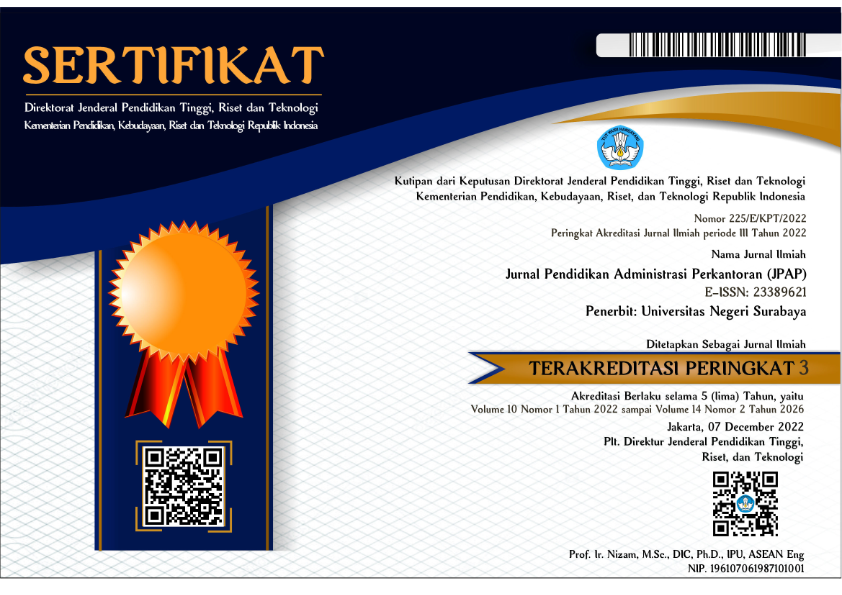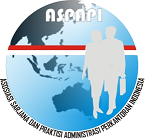Implementing Culturally Responsive Teaching in Indonesian Primary Schools: Challenges and Opportunities
DOI:
https://doi.org/10.26740/jpap.v12n3.p371-379Abstract
Phenomenon/Issue: Indonesia’s cultural diversity presents challenges for implementing Culturally Responsive Teaching (CRT) in primary schools, where a standardized curriculum often limits the inclusion of students' cultural backgrounds.
Purpose: This study aims to explore the understanding, practices, and challenges faced by teachers in implementing CRT in Indonesian primary schools and to identify opportunities for improvement.
Novelty: While CRT has been widely studied in Western contexts, research on its application in Indonesia’s unique multicultural setting is limited, particularly at the primary school level. This study contributes new insights into how CRT can be adapted and applied in Indonesian classrooms.
Research Methods: A qualitative case study approach was employed, involving interviews with teachers, classroom observations, and focus group discussions with students from both urban and rural schools. Thematic analysis was used to analyze the data.
Results: The study found that while teachers recognize the importance of CRT, they face significant challenges, including a rigid national curriculum, lack of culturally relevant materials, and insufficient training. However, students respond positively to culturally inclusive practices, and teachers are open to further training and resources.
 Abstract views: 402
,
Abstract views: 402
, PDF Downloads: 389
PDF Downloads: 389









